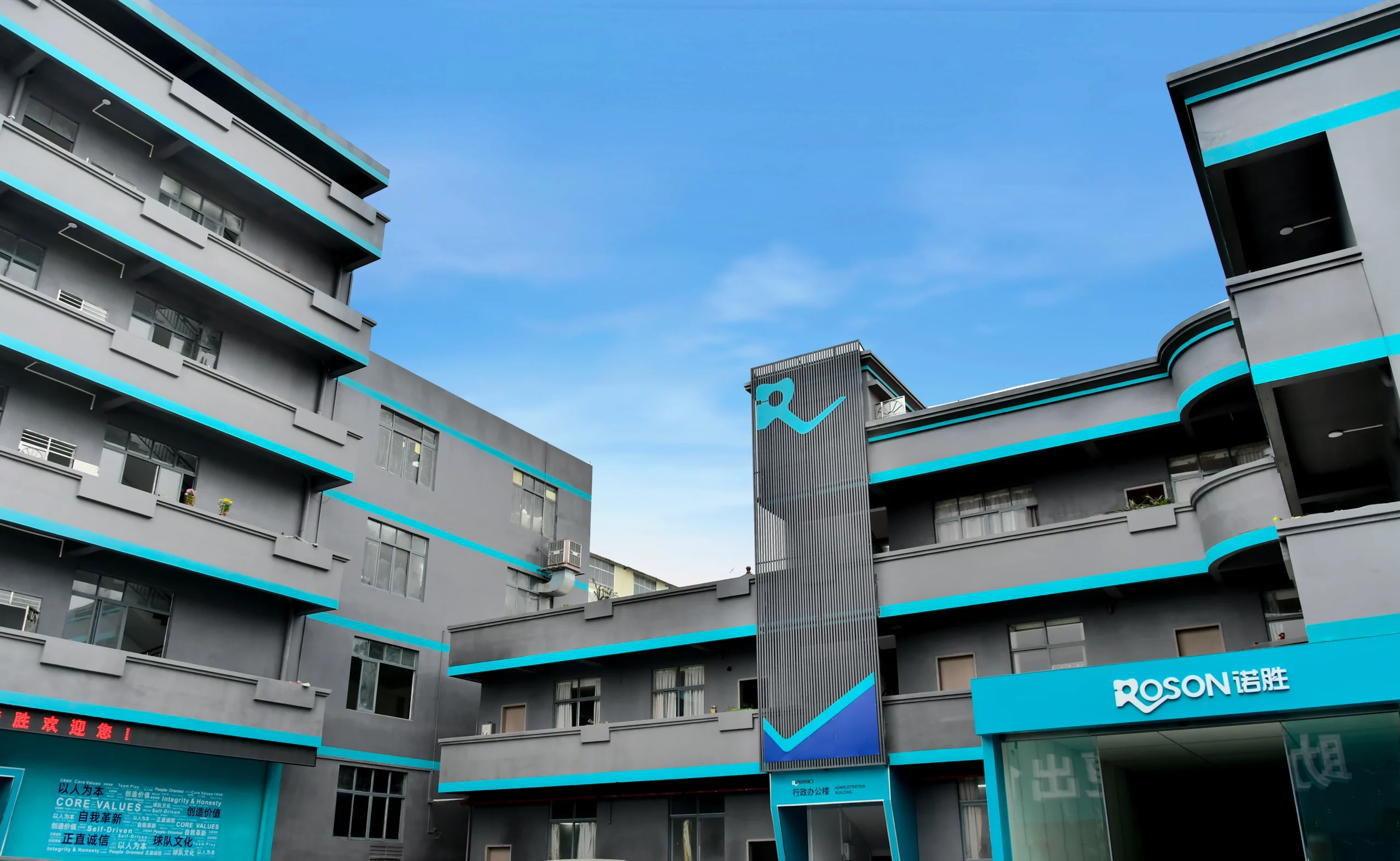Noise Pollution in Dental Clinics: Why You Should Have a Quiet Air Compressor
Dental offices don’t have to sound like construction sites. The constant racket from traditional air compressors creates a distracting environment that affects everyone – from the nervous patient to the hectic staff. A quiet air compressor is the key to making your dental office a calm, professional setting where people want to be.

What is “Noise Pollution” in Your Dental Clinic?
Noise pollution in dental clinics occurs when unpleasant sounds interfere with the healing atmosphere. Consider this – your patients are already anxious. The last thing they require is noisy equipment, contributing to their anxiety.
Standard air compressors operate at 70-90 decibels, about the sound of a continuous garbage disposal. Noise generates “acoustic stress,” affecting patient care and employee well-being.
Healthcare Sound Level Standards
The World Health Organization recommends that hospital noise should not exceed 40 decibels during the daytime. Dental clinics typically range from 30-50 decibels above this, indicating that something is amiss.
In What Ways Does Noise in a Dental Clinic Impact Your Patients?
Noise affects patients greatly, especially those with a fear of dental care. Noise has been shown to contribute to a 40% increase in anxiety. A noisy air compressor will attract patients’ attention.
Here’s what occurs: The noise triggers the body’s stress response. The heart beats more quickly. Blood pressure increases. Patients experience more pain. They may even skip future visits because they recall how stressful the location was.
Patient Comfort and Trust
Quiet environments create trust. When patients can literally hear you speak without screaming over machines, they are more involved in their care. They ask more questions. They had better adhere to treatment plans. They refer friends and family.
What’s the True Price of Noise Pollution Dental Clinic Workers Pay?
Your team faces this noise daily, which takes a toll. Ongoing exposure to dental air compressor noise can damage hearing over time, and the issues continue.
Workers in noisy clinics are more stressed, more tired, and resign more often. They make more mistakes when they can’t concentrate. Communication breaks down when everyone has to shout. Team morale is lower.
Long-Term Health Effects
Long noise exposure can cause:
- Hearing loss.
- Headaches.
- Sleep disturbances
- Hypertension
- Reduced job satisfaction
Can a Silent Air Compressor Really Solve Your Dental Clinic Noise Pollution?
Yes, it can. A silent air compressor targets the source. Traditional compressors are loud due to design flaws and low-quality materials. Silent models utilize better engineering to reduce noise by 60-80%.
These units run at 40-50 decibels, quiet enough that normal conversation is not disrupted. Your patients will not be startled each time the compressor cycles on. Your staff can concentrate on delivering excellent care.

How Silent Tech Works
Today’s silent compressors utilize:
- Quiet boxes
- Vibration damping
- Quality parts
- Improved airflow design
What to Look for in a Silent Dental Air Compressor?
Not all “quiet” compressors are equal. Check for the decibel ratings; 50 dB or lower is quiet enough for dental use.
You require something you can rely on. A faulty compressor is useless. Go for oil-free types for reduced maintenance. Select one that suits your air pressure requirement nicely.
Primary Requirements
- Noise level less than 50 dB
- Oil-free operation
- Adequate air for your machinery.
- Stable duty cycle
- Easy maintenance access
What Benefits Will You Notice From Reducing Noise Pollution Throughout the Dental Clinic?
You can tell the difference immediately when you use a silent compressor. Patients are more at ease. They don’t keep asking, “What’s that noise?” Staff are less fatigued after long days. Phone calls are easier – there are no pauses when the compressor kicks in.
Your practice looks more professional. Patients see that you care about their comfort. People talk about how your office is different – more relaxed and more caring. That’s the kind of reputation that grows a successful practice.
Measurable Benefits
Businesses that switch to silent compressors typically observe:
- Reduced patient complaints.
- Improved employee retention
- Increased patient satisfaction ratings
- Fewer communication errors
FAQ
Q1. How Much Does a Silent Air Compressor for Dental Clinics Cost Compared to Regular Models?
Silent air compressors for dental practices are 20-40% more expensive than standard units. Nevertheless, the investment improves patient retention, reduces staff turnover, and increases reputation. Most practices achieve ROI within 18-24 months with these advantages.
Q2. Will a Silent Compressor Deliver Sufficient Power for All Dental Instruments?
New silent compressors are designed with the same air pressure and volume as conventional ones. Proper sizing is key. A properly sized silent compressor can handle handpieces, air syringes, and other air-driven instruments with ease.
Q3. How Often Do Silent Air Compressors Need Maintenance?
Low-maintenance silent compressors need less service compared to traditional units. Easy filter replacement and drainage are performed every 3-6 months. Annual professional servicing keeps them quiet for years to come. The sealed design actually protects internal mechanisms better than open traditional compressors.
Q4. Can a Quiet Compressor Assist With Patient Anxiety Beyond Noise Alone?
Absolutely, it can. A quieter environment makes it easier for staff and patients to communicate. Dentists don’t have to yell over noisy equipment. Patients can more easily ask questions and discuss concerns. This improved communication actually assists in reducing anxiety and establishing trust.
Act Now: Your Staff and Patients Deserve Better
Don’t allow loud sounds to spoil another day at work. Your patients require a peaceful and comfortable environment. Your employees deserve an environment that does not damage their hearing or increase their stress levels.
Are you prepared to make the switch? Consider silent air compressor models that suit your practice size and budget. Discuss noise levels and performance specifications with equipment vendors. Purchasing quiet technology will enhance patient care and provide a healthier work environment for all.






